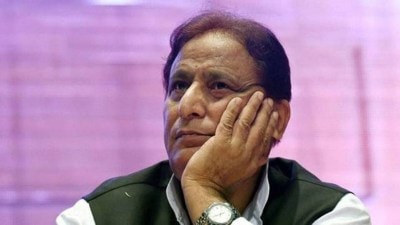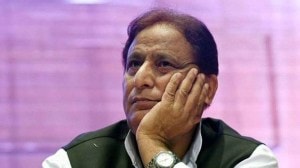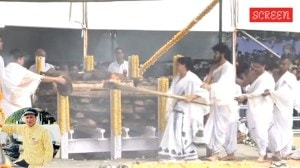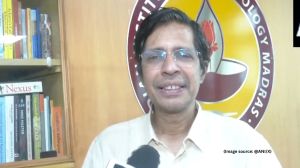Chimes of unfreedom
In Maharashtra the rules of tolerance and public discourse have been rewritten. In banning Shivaji: Hindu King in Islamic India by James W. ...

In Maharashtra the rules of tolerance and public discourse have been rewritten. In banning Shivaji: Hindu King in Islamic India by James W. Laine, the Sushil Kumar Shinde government has unveiled a new order governing intellectual discourse and rowdy criticism. And a zero-sum game is glaringly evident. The victors of this round are the book vandals of the Sambhaji Brigade, who last week brandished their destructive power at Pune’s Bhandarkar Oriental Research Institute for providing assistance to Laine, a professor of religious studies at an American university. Laine and all those who aided his scholarly investigation stand indicted by the mob for allusions in the book to local myths about Shivaji’s parentage. By appearing to heed the so-labelled anti-Maratha sentiments in the book, the Maharashtra government has in effect exonerated these vandals — at least of the “sentiments” that carried them to the institute, if not for the actual destruction of manuscripts. And the losers? They are many: the spirit of intellectual inquiry, the freedom to advance received histories by incorporating fresh information and oral stories, and the basic courtesies involved in challenging new readings.
The issue is not the merits or shortcomings of Laine’s book. He put his manuscript in the public domain last year. It was available in the public domain — till his publisher, the Oxford University Press, inexplicably caved in to the first stirrings of intolerance, and of course till the Maharashtra government sealed matters on Wednesday by banning it altogether. A published work, most of all a scholarly work, gains in value after being put through the process of criticism. In this process both expert and layperson play a role. History, in particular, is a fiercely contested space. And each time there is informed criticism — as much as appreciation — understandings of our past are enriched.
Sadly, the Shinde government’s capitulation to the mob has put the freedom to express in jeopardy. Instead of checking the mob which already has writers and intellectuals looking over their shoulders — especially since many of these streetfighters are backed by political interests — the government has provided the vandals with moral protection. This is election season — clearly all the political players echoing the outrage of the Sambhaji Brigade are focussed on votes. Their electoral compulsions are perhaps too demanding for them to consider that instead of protecting Maratha pride, they are impeding Maratha self-inquiry.
Photos



- 01
- 02
- 03
- 04
- 05




























